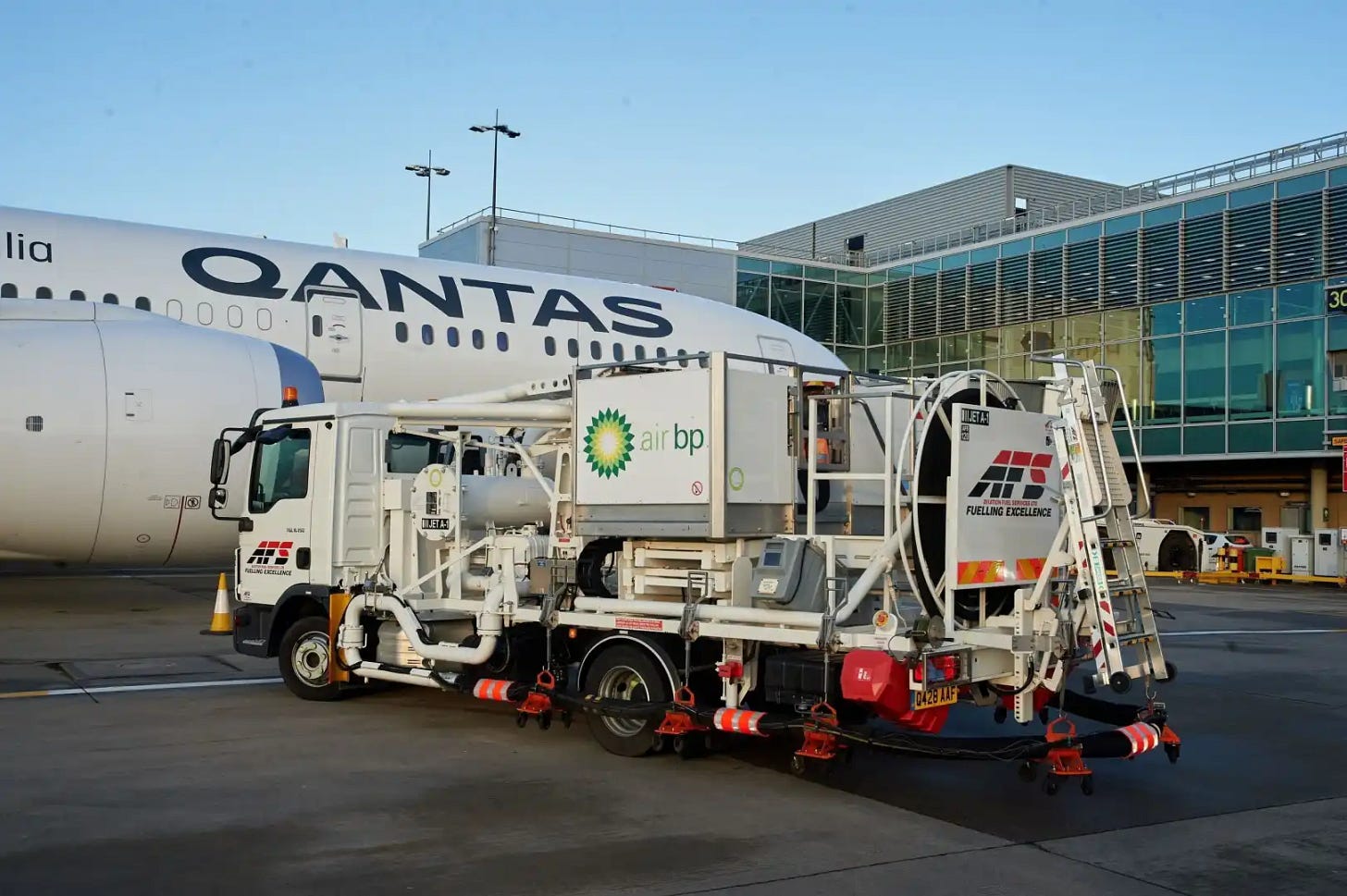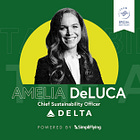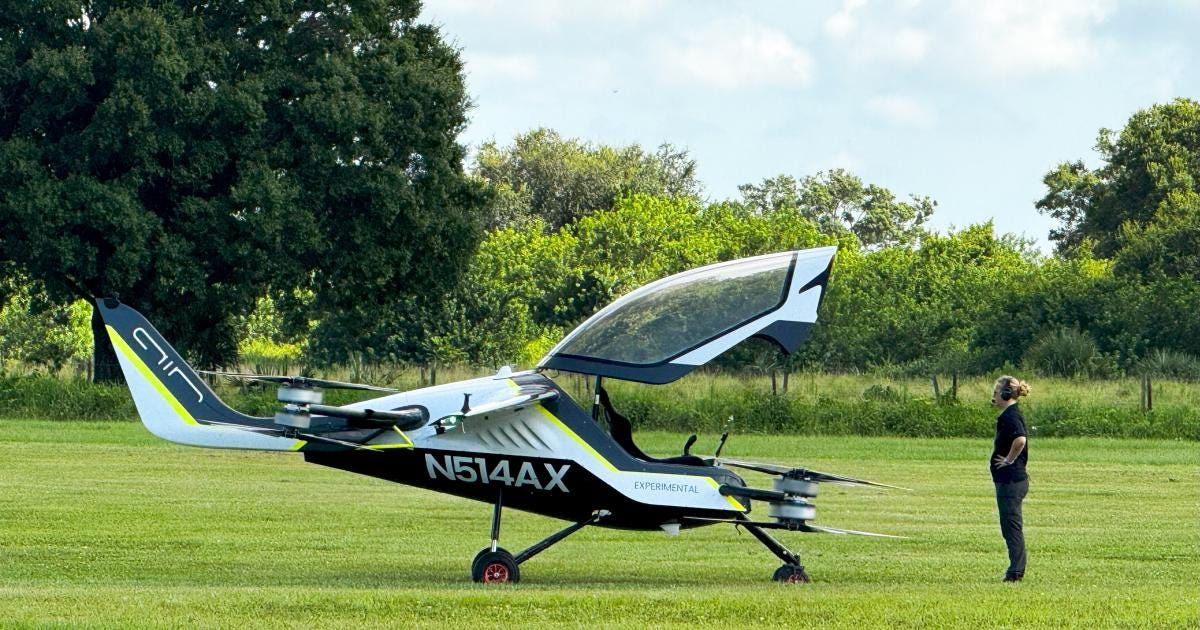#Sustainability20: Delta Air Lines makes history with first commercial-scale SAF delivery in Portland & more
Weekly roundup - 05/09/25
Each Friday, we publish a round-up of the 20 most important stories on sustainable aviation. You can see previous editions of #Sustainability20 here.
Industry updates
The EU is considering a proposal to delay its planned tax on jet fuel for ten years, until 2035, due to economic and political pressures from member states.
An IBA report warns airlines face huge cost increases from 2027 under CORSIA rules, with a scarcity of approved carbon credits driving up offset prices.
Qantas has dedicated over AU$100 million from its climate fund to SAF and other decarbonisation initiatives.
CLIMATE WATCH: Air pollution can drive devastating forms of dementia, research suggests - The Guardian
New research indicates that fine-particulate air pollution can trigger toxic protein clumps in the brain, driving Lewy body dementia.
Infrastructure and operational efficiencies
Vancouver Airport has introduced ‘Oscar’, an AI-powered bin that helps passengers correctly sort their waste for recycling and composting.
Sustainable Aviation Fuel (SAF)
Delta Air Lines has partnered with Shell to deliver over 400,000 gallons of SAF to Portland airport, marking its first commercial-scale uplift there.
Hawaiian Airlines has begun using SAF on its Osaka-Honolulu flights under a new supply agreement with Cosmo Oil.
LanzaTech has announced an innovation to create a palm oil substitute from waste CO₂, which can also be used for SAF production.
Shell has cancelled construction of its planned Rotterdam sustainable aviation fuel biorefinery after reassessing the project's competitiveness in current market conditions.
Moeve has joined a coalition to advance a new methanol-based pathway for producing e-SAF in Europe.
Velocys and Morimatsu Join Forces to Accelerate Delivery of Proven Fischer-Tropsch Systems - Yahoo
Velocys has signed an agreement with Morimatsu for the manufacturing of its Fischer-Tropsch reactors for SAF projects.
The Mexican government is weighing a regional initiative to convert sargassum seaweed into aviation biofuel with Central American and Caribbean nations.
Development of SAF is accelerating in China, with new partnerships announced for production and supply.
Honeywell has announced that Syzygy will use its technology to make SAF from dairy waste at a new facility in Uruguay.
New technology: Electric and Hydrogen
AIBOT has launched its new T500 tilt-wing drone, a large aircraft designed for long-range, high-speed, and heavy-lift commercial missions.
AIR has received experimental airworthiness certification from the FAA for its redesigned, folding-wing Air One eVTOL aircraft.
French startup Blue Spirit is developing a hydrogen-powered aircraft named Dragonfly, targeting type certification for flight schools by 2028.
GE Aerospace has announced a strategic partnership and a $300 million equity investment in BETA Technologies to develop hybrid electric aviation.
ZeroAvia has successfully ground-tested its certification-intent 600kW hydrogen fuel cell system, replicating a full 250-mile flight profile.
The German Aerospace Center has operated a hydrogen fuel cell system at over one megawatt, a milestone for high-power propulsion applications.
Finnish company Kelluu will participate in a NATO exercise with its autonomous, hydrogen-powered airship designed for persistent surveillance.






